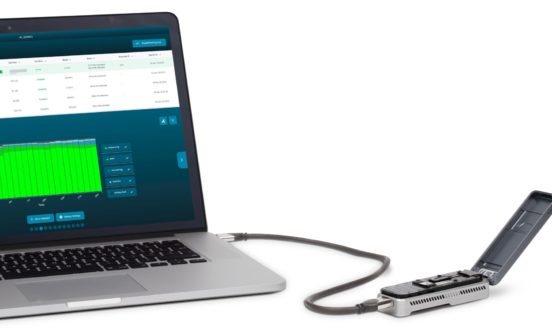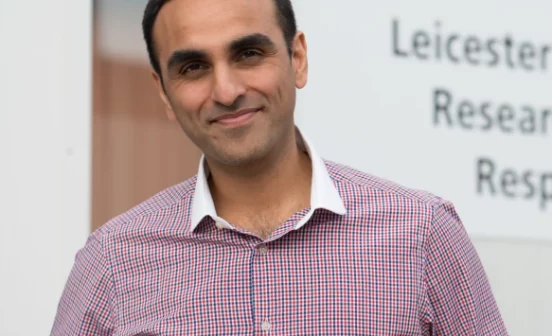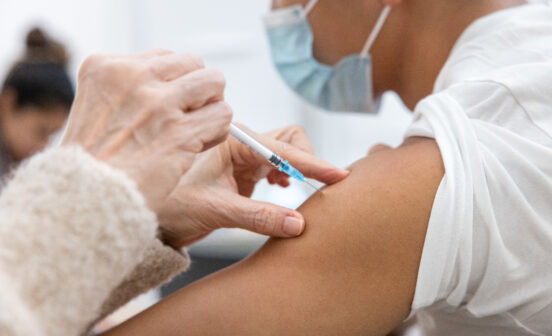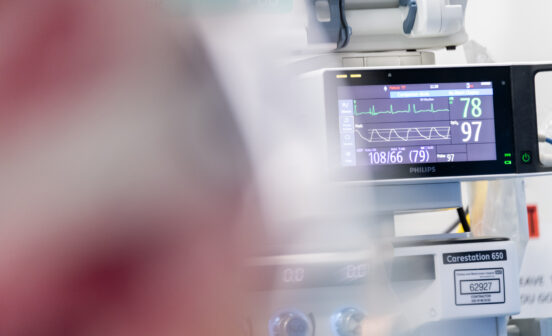AwardEDI Budding Scientists Innovate in Imperial’s Science in Medicine School Prize 2024
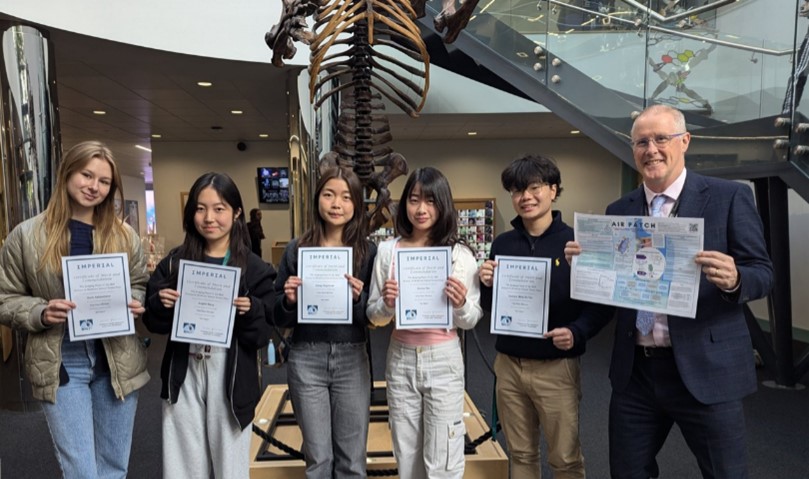
In its fourth year, the ‘Science in Medicine School Teams Prize’ saw more school students than ever tackle real-world medical challenges through scientific posters.
Hosted by the National Heart and Lung Institute (NHLI) and the British Heart Foundation’s Centre of Research Excellence (BHF CRE) at Imperial College London, with support from the NIHR Imperial BRC, the competition sees sixth-form students from across the UK presenting innovative solutions to pressing issues in medicine. This year’s competition saw 235 submissions from 138 schools nationwide, the most in its history.
Entrants designed an ePoster proposing an innovative strategy for integrating natural sciences and engineering into medicine, aiming to reduce the impact of specific diseases. A multidisciplinary approach was central to the competition, with teams comprising students from diverse fields including biology, chemistry, physics, engineering, maths, computing, data science, and economics. The contest also encouraged teams to enhance their communication by incorporating artistic perspectives through design or art students.
As well as a significant increase in the number of schools participating, more encouragingly, we saw an increased percentage of state schools involved. Overall, the broadening of the medical remit this year to include vasculitis and global health, there was an almost 50% increase in the number of entries.
Posters were reviewed by a wide audience including senior academics, postgraduate students and our NIHR Imperial BRC Community Partners.
This year’s competition spanned five categories:
BHF Cardiovascular Prize
Sponsored by the NIHR Imperial BRC Cardiovascular Theme and the BHF CRE , this category invited students to focus on cardiovascular health, such as the interplay between the cardiovascular system and others, like the nervous or respiratory systems, and artificial intelligence or telemedicine applications.
First place went to Concord College, for their poster ‘Optogenetic Pacemaker, A non-surgical solution to arrhythmia’.
A community partner comments, “it was very interesting and the students were very professional”
Lung Prize
Submissions could focus on any aspect of the prevention or treatment of respiratory disease. This prize was funded by the NHLI and the NIHR Imperial BRC Respiratory Theme
Concord College also took home the first prize in the Lung category, with a poster presenting the concept of ‘Air Patch’ – an innovative continuous wheezing-detection patch designed to mitigate reliever inhaler overuse and achieve better asthma control.
Scleroderma and Raynaud’s UK Prize
Sponsored by Scleroderma & Raynaud’s UK, teams proposed strategies to improve health outcomes for individuals with scleroderma, focusing on early diagnosis, disease monitoring, drug treatment and non-pharmacological measures.
King Edwards School, Bath earned first prize for their poster on ‘Dermadart’ a proposed drug treatment that mimics a protein derived from the NOV/CCN3 gene which regulates fibrosis.
A community partner commented, “It was a really enjoyable afternoon and I was so impressed by the calibre of the shortlisted schools”
Vasculitis UK Prize
Supported by the NIHR Imperial BRC Immunology Theme and sponsored by Vasculitis UK, students devised novel solutions for improving the health and well-being of patients with vasculitis, such as by helping with earlier diagnosis; providing effective disease monitoring or reducing infections.
Cheam High School and St Olave’s Grammar School were in joint first place. Cheam High School presented a poster on ‘Anti-ANCA patches’ for the treatment of antineutrophil cytoplasmic antibody (ANCA)-associated Vasculitis which affects small blood vessels around the body. St Olave’s Grammar School presented on “Vasculi-test“, a one-use early diagnosis tool, based on the principles of immunochromatography.
A community partner said, “I enjoyed the event and I would like to take this opportunity to thank you for thinking of me and making this possible. It was challenging to mark the posters and I was pleasantly surprised with the quality of work the children put into this”
Global Health Prize
Entrants were asked to submit a vision of how health science and technology could protect the health of Internally Displaced Persons (IDPs) and / or refugees following a major natural or human-made disaster. This prize was supported by the Imperial Health Charity and the Imperial College School of Public Health.
In joint first place were Kendrick School and Waldegrave School. Kendrick School presented the ‘Dermoshield’ skin substitute for burn wounds. Waldegrave School presented their poster ‘TB or Not TB” – showcasing a proposal for TB self-test kits.
The top ten teams in each of the five contests were invited to present their posters to Imperial academics at a finals event in September and October. Financial prizes of up to £3,000 were given to support science-related activities in the winning schools. Judges assessed the posters and presentations based on the clarity of the problem, scientific approach, novelty, feasibility, social impact, teamwork, and design.
Professor Cecilia Johansson, Professor of Mucosal Immunology said, “It is truly inspiring to witness the enthusiasm and active involvement of the students as they engage with and think critically about medical challenges.”
A teacher from a contributing school spoke positively towards the competition, saying, “The whole event is an incredible experience for our students. Many of our students do not aspire to world-leading universities because they see themselves unable to progress to such places. The opportunity to work together and present to professors is a life-changing experience for them.”
Dr Rasha Al-Lamee, NIHR Imperial BRC Cardiovascular Theme Co-lead, said “I am very happy to have been involved in this fantastic initiative that was started by Professor Haskard and has grown year on year. It is great to meet students from all over the country who will one day become the scientists of the future.”
The fifth year of the competition will open in February 2025.

